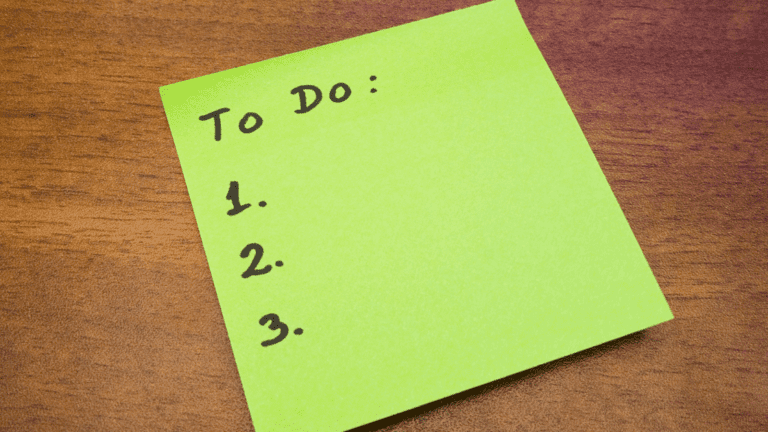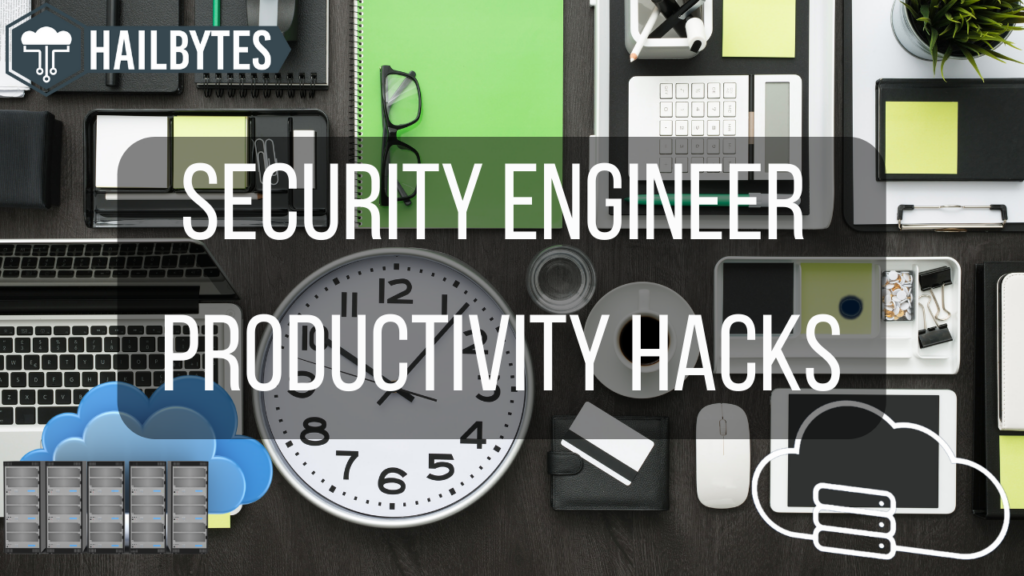9 Productivity Hacks For Security Engineers
Introduction
Productivity is key for any security engineer – whether you’re managing a team of engineers or working on securing systems yourself. In this article, we’ll share 9 productivity hacks that will help you work more efficiently so you can get more done in less time. Implementing even just a few of these tips can make a big difference in your productivity levels.
1. Automate everything possible
One of the best ways to boost your productivity as a security engineer is to automate as many tasks as possible. This can free up a lot of time that would otherwise be spent on manual tasks, such as running vulnerability scans or analyzing logs. There are many different tools and scripts that can help with automation, so take some time to research what’s available and see what would work best for you.
2. Keep a close eye on your to-do list
It’s important to keep track of what tasks need to be done and when they need to be completed by. This will help you prioritize your work and make sure that nothing gets forgotten about. There are many different ways to do this, such as using a physical planner or keeping a to-do list in a digital app. Find what works best for you and make sure to review your to-do list regularly.

3. Make use of shortcuts and productivity tools
There are many different shortcuts and tools that can help boost your productivity as a security engineer. For example, making use of keyboard shortcuts can save you time when performing tasks such as running commands or opening files. Additionally, there are various tools that can automate certain tasks or help with log analysis. Again, take some time to research what’s available and see what would be helpful for you.
4. Set up a daily or weekly schedule
Scheduling your time can be a great way to boost your productivity. It can help you plan out your work in advance and make sure that you’re making use of your time efficiently. Try setting up a daily or weekly schedule for yourself and block out time for specific tasks. This will require some trial and error to figure out what works best for you, but it’s worth taking the time to do so.
5. Take frequent breaks
It may seem counterintuitive, but taking breaks can actually help improve your productivity. This is because it allows you to take a step back from your work and clear your head. Breaks also give you an opportunity to stretch your body and avoid getting too tense or stressed.Aim to take a break every 20-30 minutes or so, even if it’s just for a few minutes. Get up and walk around, grab a snack, or chat with a colleague.
6. Get enough sleep
Sleep is essential for both your physical and mental health. It’s important to make sure that you’re getting enough sleep each night so you can feel rested and be at your best during the day. Most adults need around 7-8 hours of sleep per night. If you find that you’re frequently tired during the day, it may be worth looking at your sleep habits and see if there are any changes you can make.
7. Eat healthy and exercise regularly
What you eat and how active you are can also impact your productivity levels. Eating healthy foods will help you feel more energetic and focused, while exercise can improve your mental well-being. Both of these things are important for maintaining a good level of productivity.
8. Avoid multitasking
While it may seem like multitasking is a great way to get more done, it can actually lead to decreased productivity levels. This is because your brain can only focus on one thing at a time, so trying to do two things at once will likely just result in both tasks taking longer to complete. If you need to focus on a specific task, try to minimize distractions and avoid trying to do anything else at the same time.
9. Learn to say “no”
It can be tempting to try and do everything that’s asked of you, but this isn’t always possible or realistic. If you find yourself taking on more than you can handle, it’s important to learn to say “no.” This will help you avoid getting overwhelmed and stressed out, which can negatively impact your productivity.
Saying “no” doesn’t have to be difficult. Just be honest and explain that you don’t have the time or capacity to take on additional tasks. It may feel uncomfortable at first, but it’s better than taking on more work than you can realistically handle.
Conclusion
Learning how to be more productive as a security engineer can take some time and effort. However, it’s worth it to invest in your productivity so you can be more efficient and effective in your work. Try implementing some of the tips above and see what works best for you.
